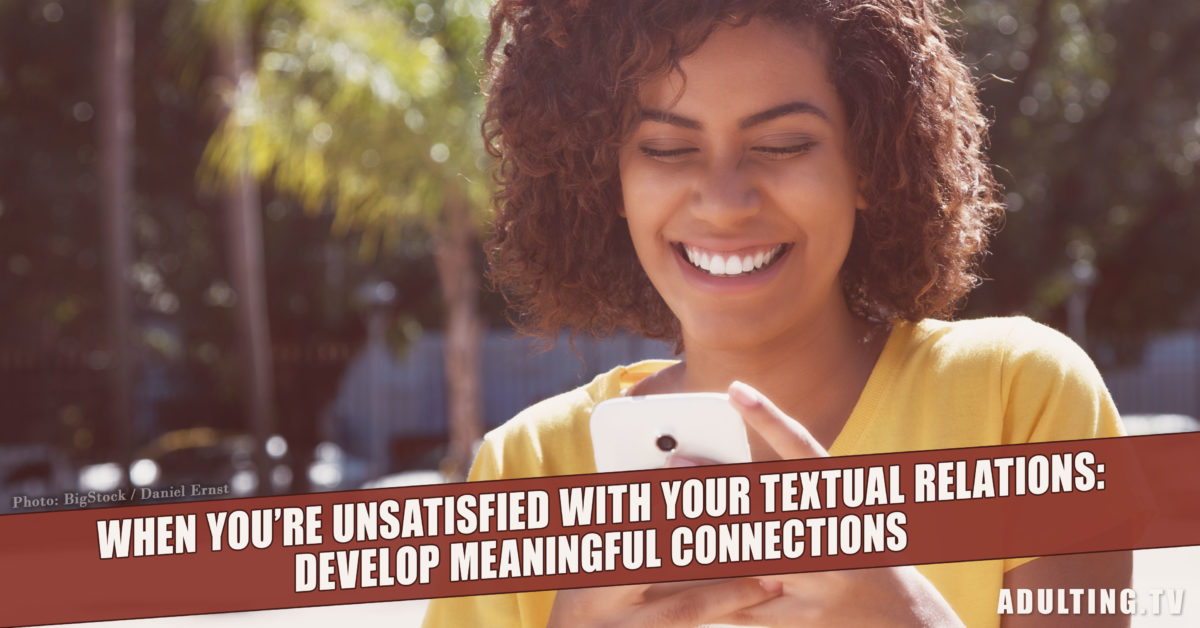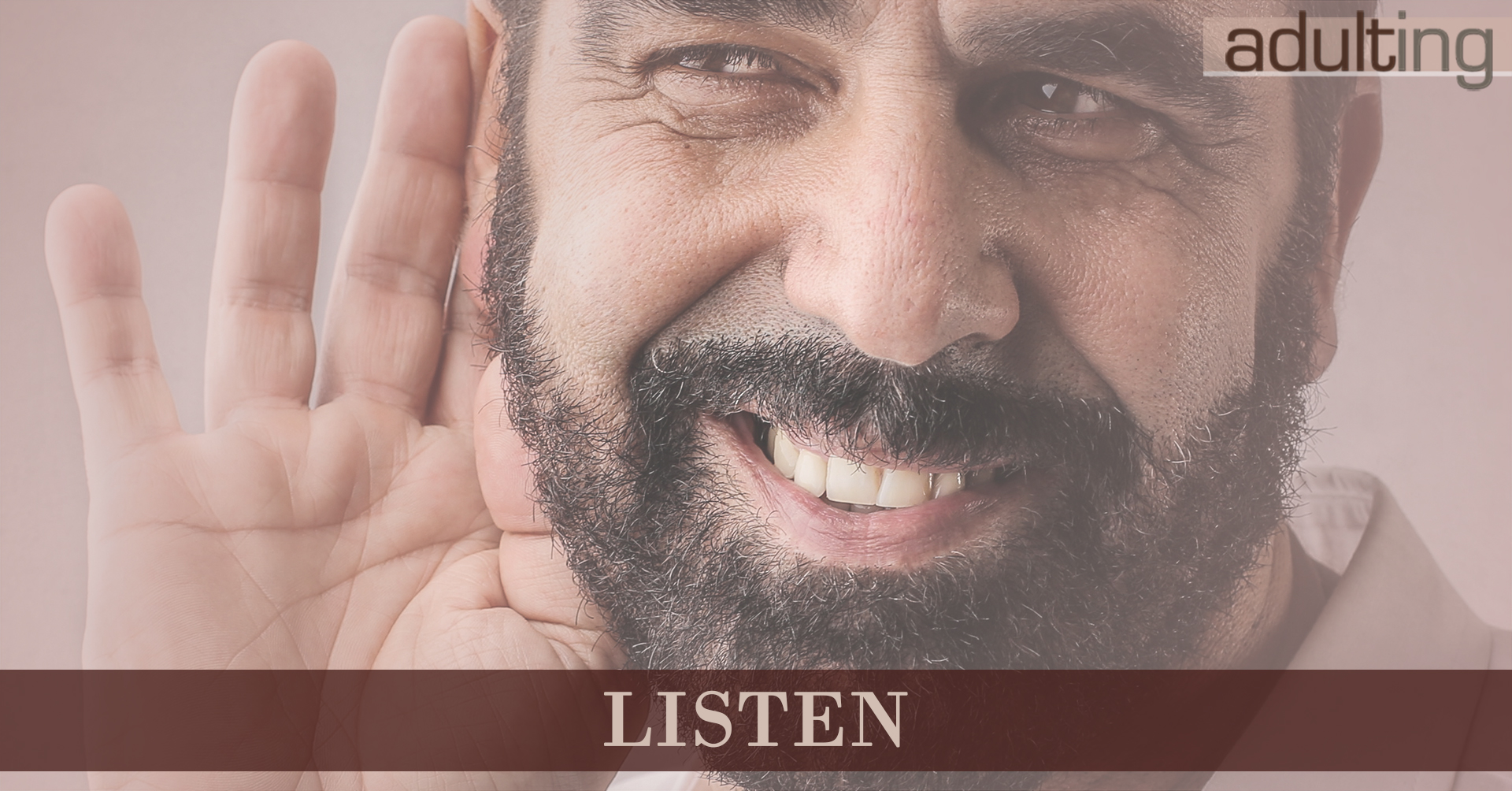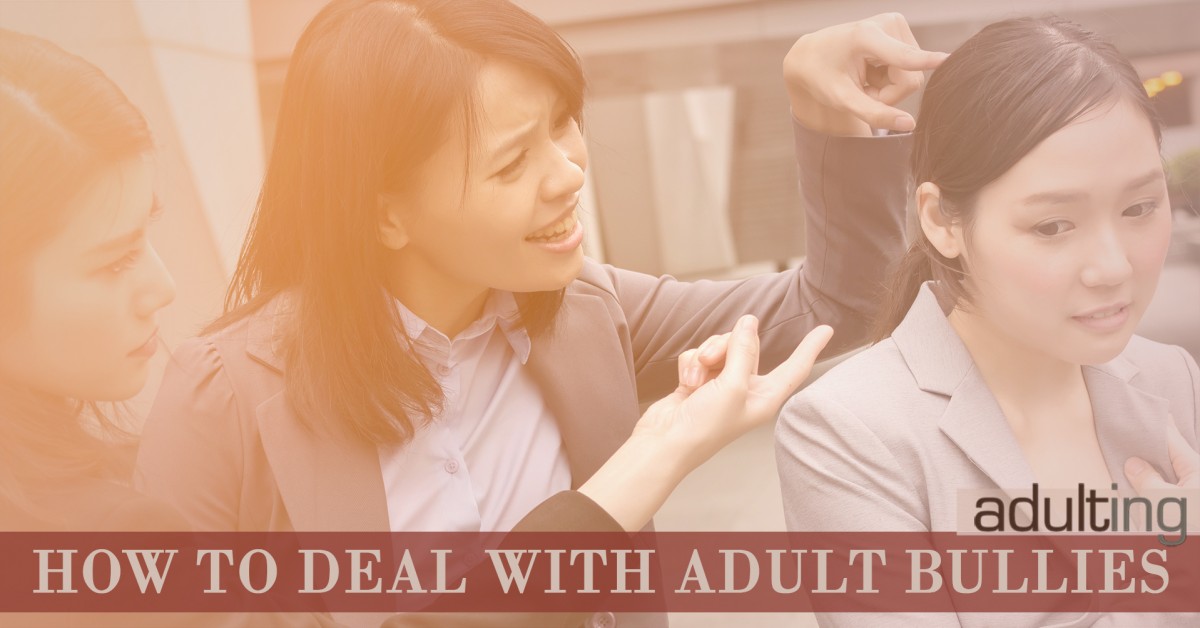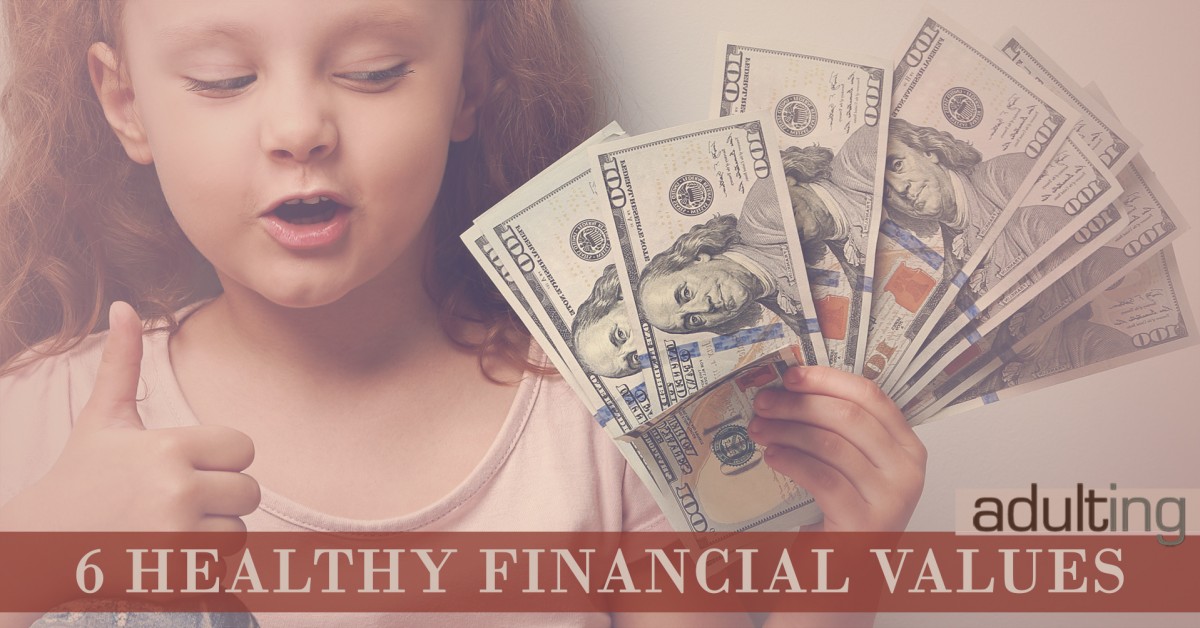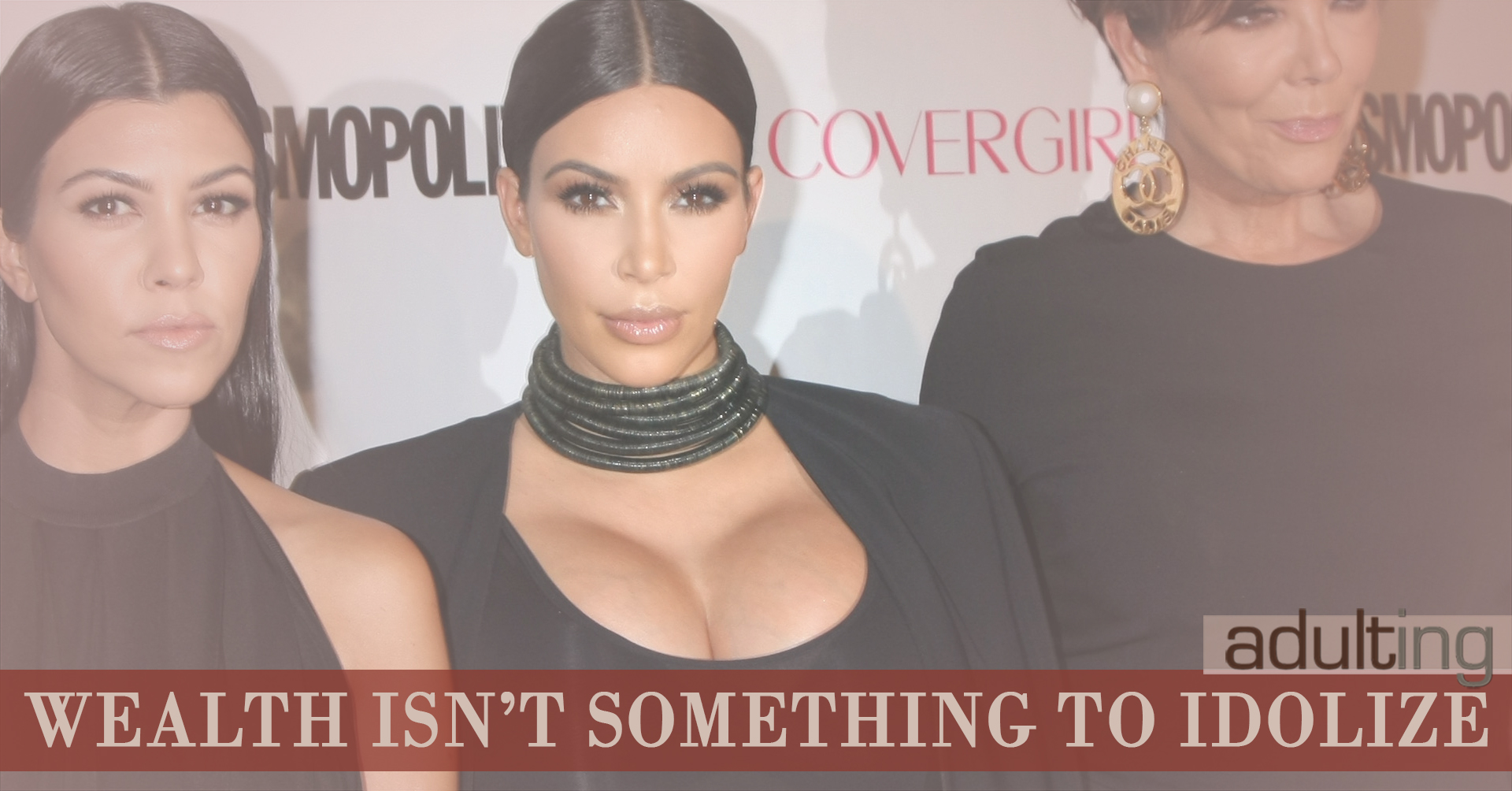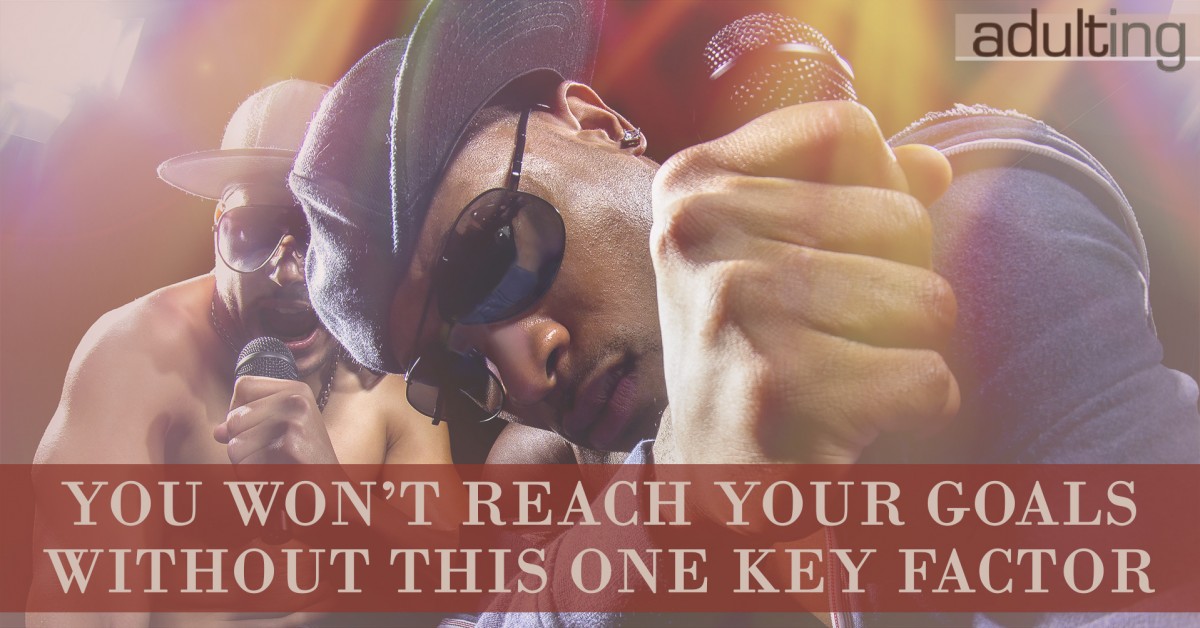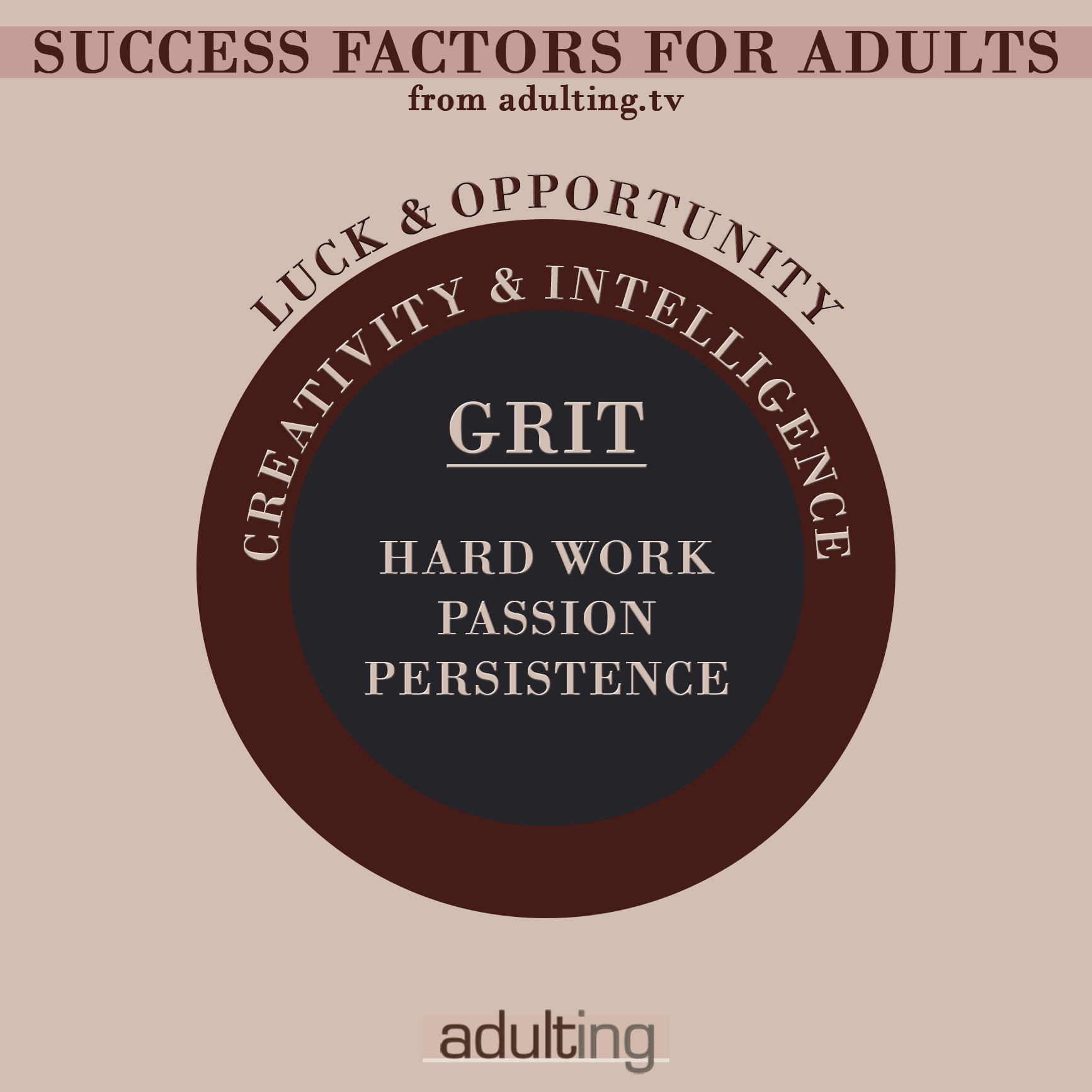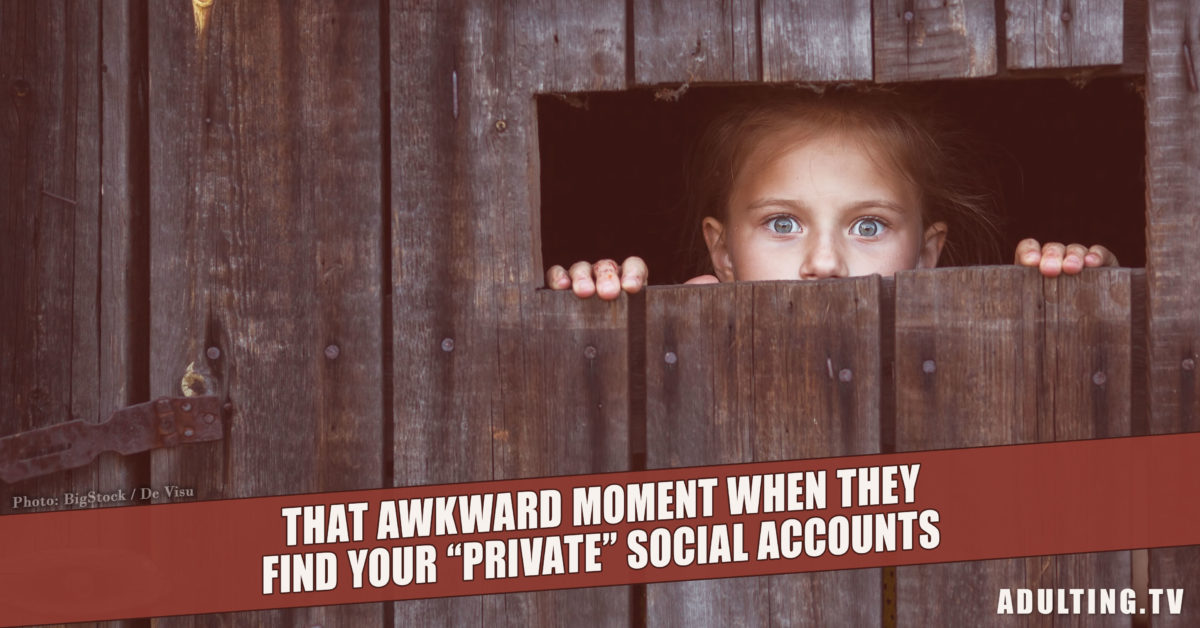We’ve all had that friend. You know the one.
When the dinner bill comes, they severely underestimate their share (let alone account for tax and tip). You spot them $10 here and $20 there — and they always “forget” to pay you back.
But you let it slide every time. After all, what’s a few bucks among good friends?
That used to be your attitude.
Lately, your desire for a person’s company has a perfect negative correlation to how much of their crap you are required to put up with. You are, in fact, too old for this shit.
You’d like to stay friends with your broke friend, but it seems like an almost impossible task. If you want to maintain the friendship, it will take a little work. And maybe a couple of drastic measures.
Here’s how to deal with that friend who makes you feel more like a bank than their buddy — without killing the relationship.
Be honest.
The great thing about friends (real friends — not the people you pretend to like out of various social obligations) is that you can tell them the truth and they’ll still be your friend. A true friend gets that sometimes you say and do things out of tough love.
You’re not doing anyone any favors by pretending your pal’s poor money etiquette doesn’t bother you. Besides, leaving those feelings festering just creates an uncomfortable situation for everyone. Your friends can sense your displeasure.
So the next time they leave you hanging with the bill, be up front and tell them how much they owe right then and there. Clear the air.
Add that you’re pretty strapped for cash as well and can’t afford to cover them. Consistently push back rather than ignore the behavior. Eventually, they’ll get it and stop mooching all the time.
And if this honesty does cause a rift in your relationship, it’s probably time to reevaluate whether you two shared a real friendship at all. No one likes being the ATM all the time.
Find cheap or free things to do.
A novel idea, right?
As much as you’re annoyed by your pal’s perpetual brokeness, they likely feel pressured to keep up with the group financially, too. After all, if your group is always going out, the FOMO is real for you — and for your annoying broke friend.
That’s a tough spot to be in. As a friend, though, you can be part of the solution. Find ways to spend quality time together that don’t force your buddy into yet another awkward situation. There’s no reason to hit the clubs every weekend or go out to expensive restaurants.
Besides, one of the best things about friends is that all you really need is each other’s company to have an awesome time.
Check your local weekly for low-cost and free events such as concerts, art exhibits, and movie screenings. Have a picnic at the beach (or in the park). Go for a hike. Get dressed up, pretend you’re rich, and hop from one open house to the next while eating all their snacks along the way.
Or, just have a chill evening at home, playing games and laughing.
No matter what you do, the important thing is that you have fun together — without spending a ton of money. Once you start getting creative about these types of activities, it’s easy to have a good time without breaking the bank.
Consider it a gift.

When your friend does ask for money, and you feel comfortable parting with the cash, treat it as a gift.
Loaning money turns a personal relationship into one of business, which opens the door for guilt and resentment on both sides — especially if the borrower isn’t able to pay up.
When you loan money, things get weird. Often, it’s better to just consider it a gift. Or, take turns paying for each other. However, if your broke friend can’t (or won’t) take a rightful turn, that can get just as ugly. When you give money to someone you are pretty sure won’t pay you back, just think of it as money gone and move on.
Bottom line.
It’s your choice whether or not you want to support your friend financially — and it’s perfectly fine if you do.
Keep in mind, however, that you can’t expect things to change if you continue to enable the situation. If your friend starts to rely on you, and the situation suddenly changes, you could be doing your friend a huge disservice. It’s vital to think through the implications.
Friendship is something that only becomes more precious as you grow older. As you watch your time with friends dwindle, you might worry that soon there will be no one left. As a result, it can be tempting to over-compromise in order to avoid conflict.
But true friendship is also built on honesty and desire to make each other happy. It’s a relationship that involves give and take. If you’re always the giver, it can get old fast. So don’t be afraid to share your feelings in a caring but straightforward manner if things are becoming unbearable.
Besides, you also have to think of your own money situation. At some point, you need to stop sacrificing your own well-being on behalf of someone who offers nothing in return. If your own financial goals are jeopardized in order to keep the peace between you and a broke friend, that friendship probably isn’t worth it in the first place.


